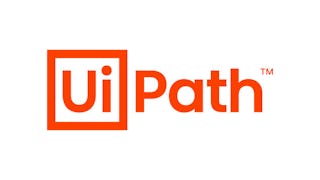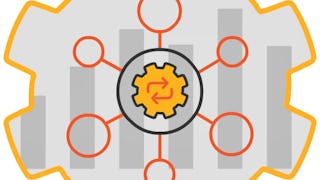Participate should have business background and basic computer skills like work with excel and PDF.
This course equips learners with the skills to master Robotic Process Automation (RPA), a transformative technology reshaping business operations. By the end, learners will understand RPA fundamentals, identify automation opportunities, and design intelligent workflows using cutting-edge tools. This course uniquely integrates Artificial Intelligence (AI) to teach Intelligent Process Automation (IPA), preparing students for roles in organizations undergoing digital transformation. Participants will learn about RPA in accounting and auditing applications, exploring use cases like invoice processing, compliance checking, and financial reporting. The course addresses practical challenges and limitations of RPA, emphasizing scalability, unstructured data, and integration with existing systems. Modules on Intelligent Automation provide insights into AI-powered RPA, including predictive analytics and natural language processing. Designed for business and accounting students, as well as professionals, the course provides a structured, interactive approach to learning. It blends theoretical knowledge with practical applications, fostering an innovative mindset to meet industry demands. The future-focused content includes trends like hyperautomation and cognitive automation, ensuring learners stay competitive in the rapidly evolving digital landscape. Whether you aim to boost efficiency, enhance accuracy, or drive business innovation, this course offers invaluable tools to transform your professional skillset.



















